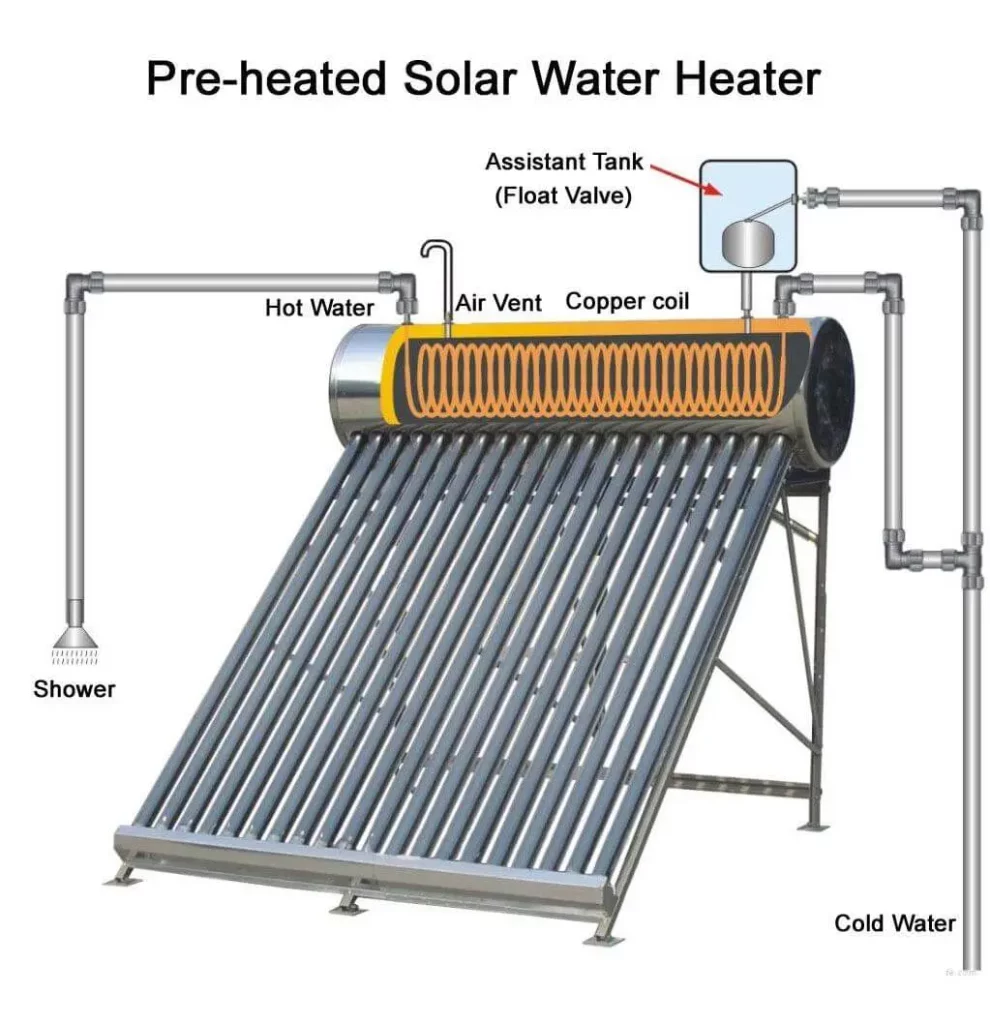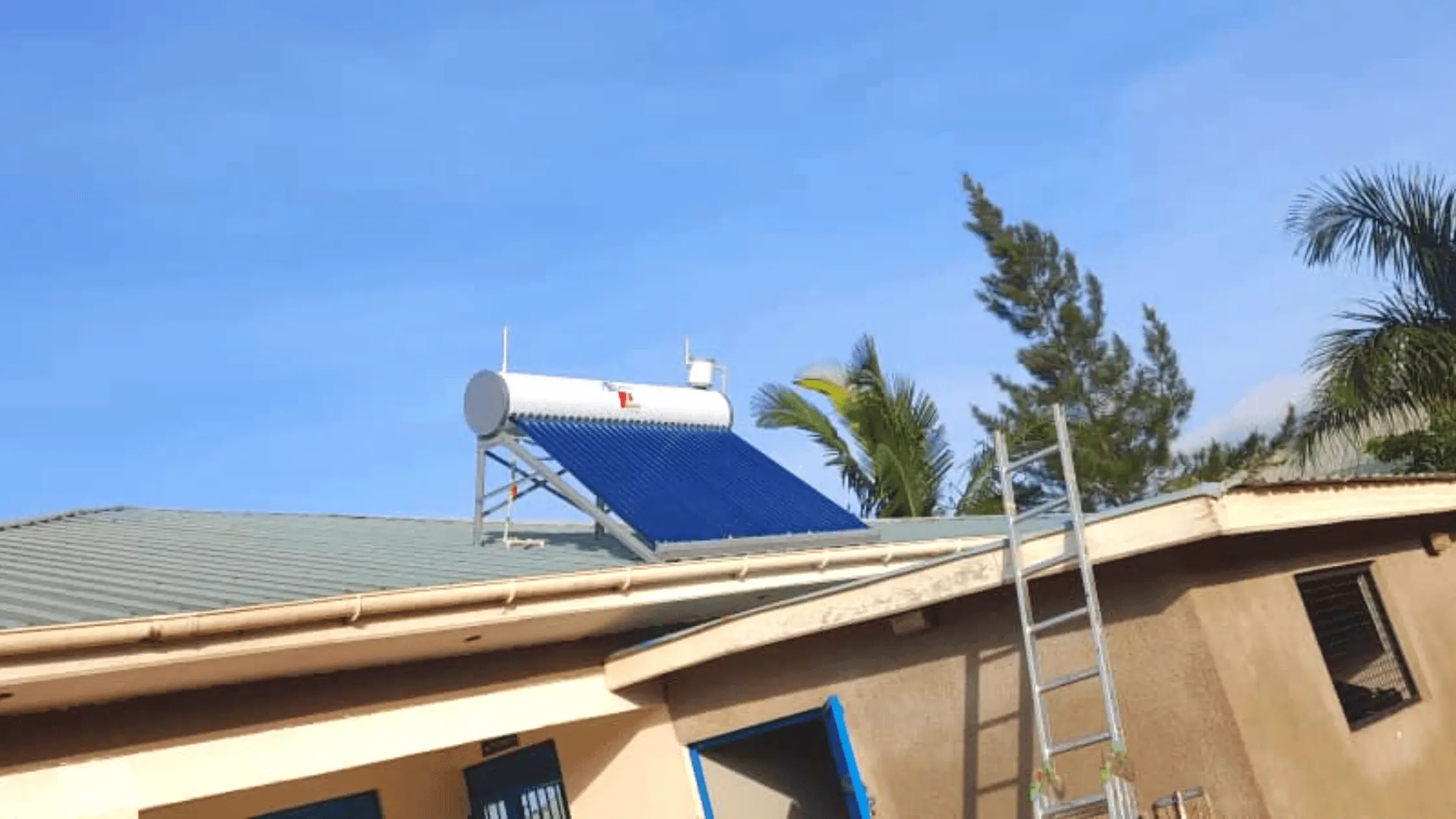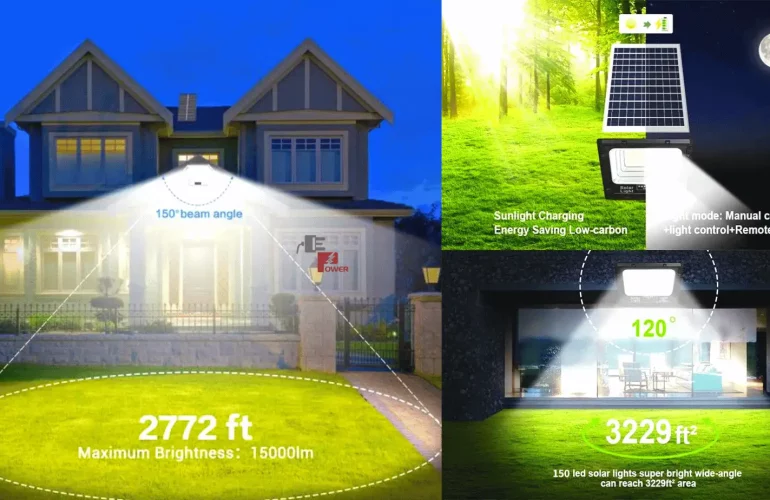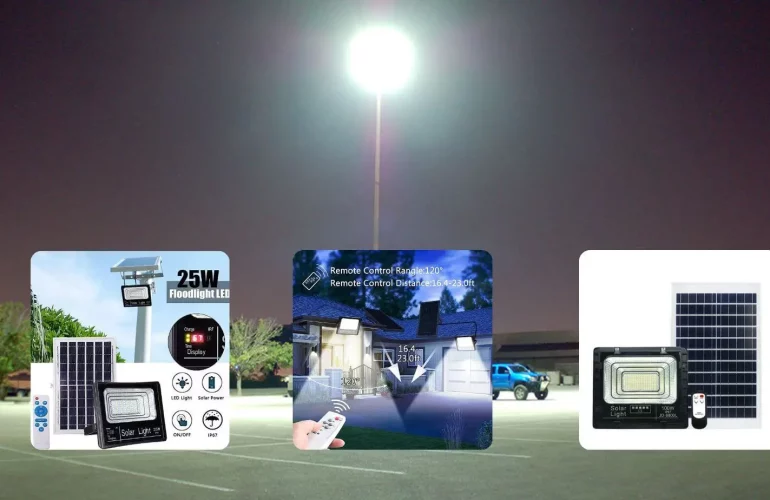A Cost-Effective Solution: The Advantages of Solar Water Heaters in Uganda
Are you looking for a cost-effective solution to your energy needs? Solar water heaters are the answer!
Solar water heaters are a great way to save money on energy costs in Uganda. Not only do they reduce electricity bills, but they also require minimal maintenance and can last up to 10 years. Plus, they’re environmentally friendly and can help reduce your carbon footprint.
Take advantage of the many benefits of solar water heaters in Uganda today! With their low cost, long-lasting durability, and eco-friendly design, they are the perfect solution for all your energy needs.
Top 4 Advantages of Solar Water Heating Systems in Uganda
Solar water heaters, also known as solar thermal systems, are a cost-effective and environmentally friendly way to heat water in Uganda. These systems use energy from the sun to heat water, which can then be used for household or industrial purposes.
One of the main benefits of solar water heaters in Uganda is their cost-effectiveness. Solar energy is a free and renewable resource, so once the initial cost of purchasing and installing a solar water heater is covered, there are no ongoing fuel costs. This can lead to significant savings on energy bills over time.
Solar water heaters are also environmentally friendly. They do not produce greenhouse gases or other pollutants, making them a sustainable option for Ugandans looking to reduce their carbon footprint.
In addition to being cost-effective and environmentally friendly, solar water heaters require also low maintenance. They do not require regular servicing, and the only maintenance they typically need is an occasional cleaning of the solar panels to ensure they are functioning at their best.
Another benefit of solar water heaters in Uganda is their versatility. They can be used for a variety of applications, including heating water for household use, industrial processes, and even for swimming pools
Despite the many benefits of solar water heaters, there are some challenges to their adoption in Uganda. One of the main challenges is the initial cost of purchasing and installing a solar water heater.
Overall, solar water heaters are a cost-effective, environmentally friendly and low maintenance option for heating water in Uganda. As the country continues to face energy challenges, the adoption of solar water heaters can play a key role in meeting the country’s energy needs while reducing its carbon footprint.
Top 8 Disadvantages of A Solar Water Heating System in Uganda
- Initial Cost: The initial cost of purchasing and installing a solar water heater can be high, making it a less accessible option for some Ugandans.
- Weather Dependence: The efficiency of solar water heaters is dependent on weather conditions, particularly on the amount of sunlight available. This means that during cloudy or rainy seasons, the system may not be able to produce enough hot water.
- Limited application in certain areas: In certain regions of Uganda with less sunlight, solar water heaters may not be as effective.
- Need for storage and backup system: Solar water heaters require a storage tank to store the hot water, and a backup system like a generator or electric heater, in case of low sunlight days.
- Limited understanding of technology: There is a lack of understanding among some Ugandans about the technology behind solar water heaters, which can make it difficult to install and maintain the systems.
- High maintenance cost: Solar water heaters require regular cleaning and maintenance to keep them working efficiently, which can be costly over time.
- Limited supply of spare parts: The availability of spare parts for solar water heaters in Uganda may be limited, making it difficult to repair or replace parts if something goes wrong.
- Quality concerns: There is a risk of purchasing low-quality solar water heaters from unreliable suppliers, which can lead to premature failure and costly repairs.
It’s important to note that while these are some disadvantages of solar water heaters in Uganda, they are not insurmountable, and many of them can be mitigated with proper planning, research, and maintenance. Additionally, the benefits of solar water heaters, such as cost savings and environmental sustainability, often outweigh the disadvantages.
How Do Solar Water Heaters Work?

Our Solar Water Heaters work using evacuated tube collectors.
Tube collector solar water heaters, also known as evacuated tube collectors, work by using a series of glass tubes to capture and transfer heat from the sun to a fluid that is circulated through the system. Each tube is made up of two layers of glass, with a vacuum layer between them to provide insulation.
The tubes are arranged in a frame, which is typically mounted on a rooftop or a nearby structure. The tubes are angled towards the sun to maximize the amount of energy they can capture.
The fluid that is circulated through the system is typically a type of heat transfer fluid, such as water or an antifreeze solution. As the fluid passes through the tubes, it is heated by the sun’s energy.
The heated fluid then flows into a storage tank, where it is stored until it is needed. The stored hot water can be used for household or industrial purposes.
The system also includes a heat exchanger, which transfers the heat from the fluid to the water that is stored in the tank.
The tube collector solar water heaters are an efficient way to collect solar energy and convert it into heat, they are suitable for low-temperature applications and are able to work well in cold climates, and also because of their design they are less prone to freeze damage and have longer lifespan.
Invest in solar water heaters today and start saving money on energy costs right away! Get in touch with us for free consultation.




